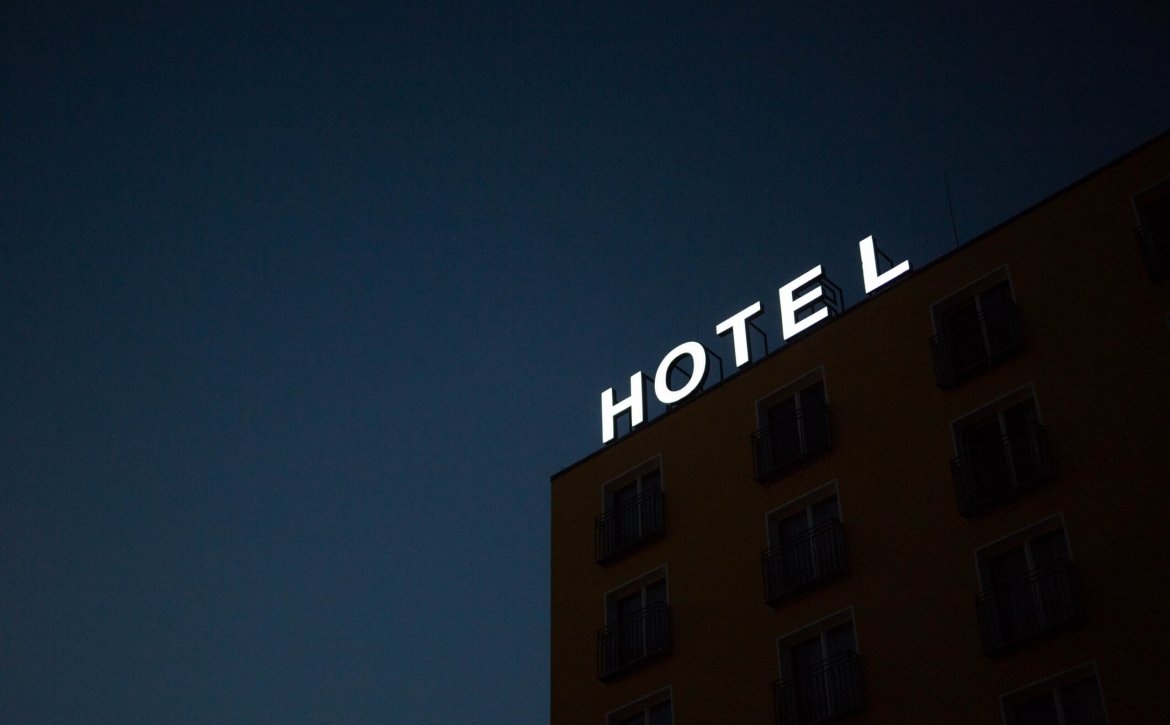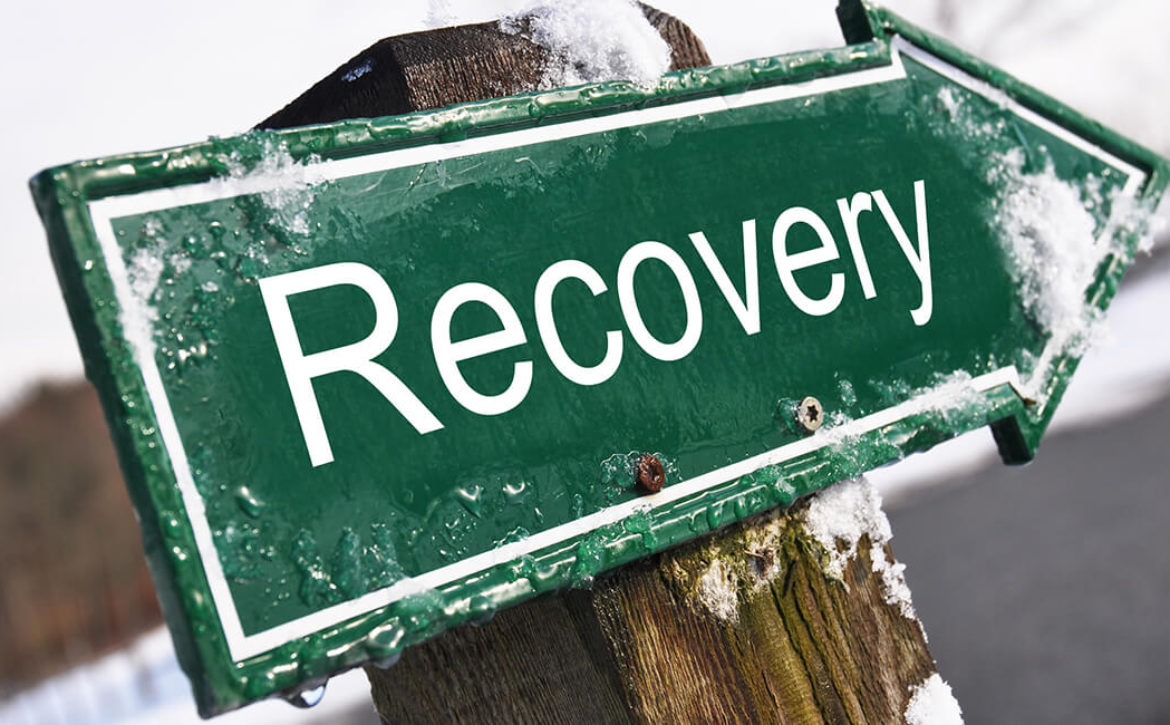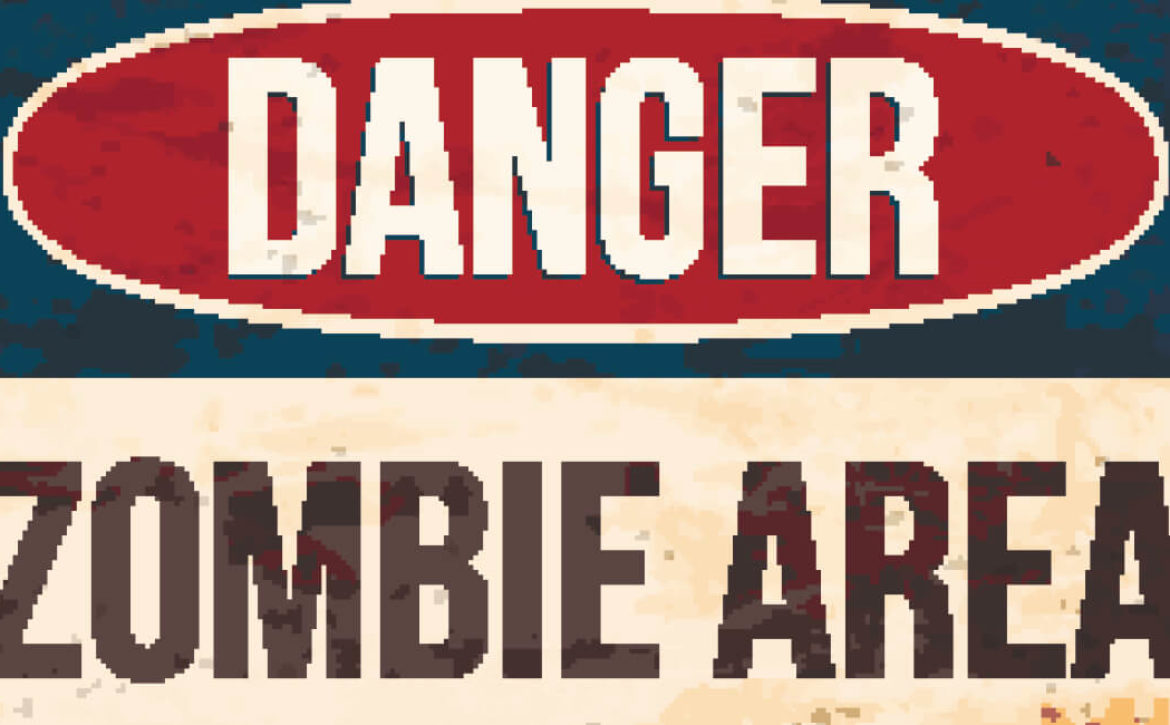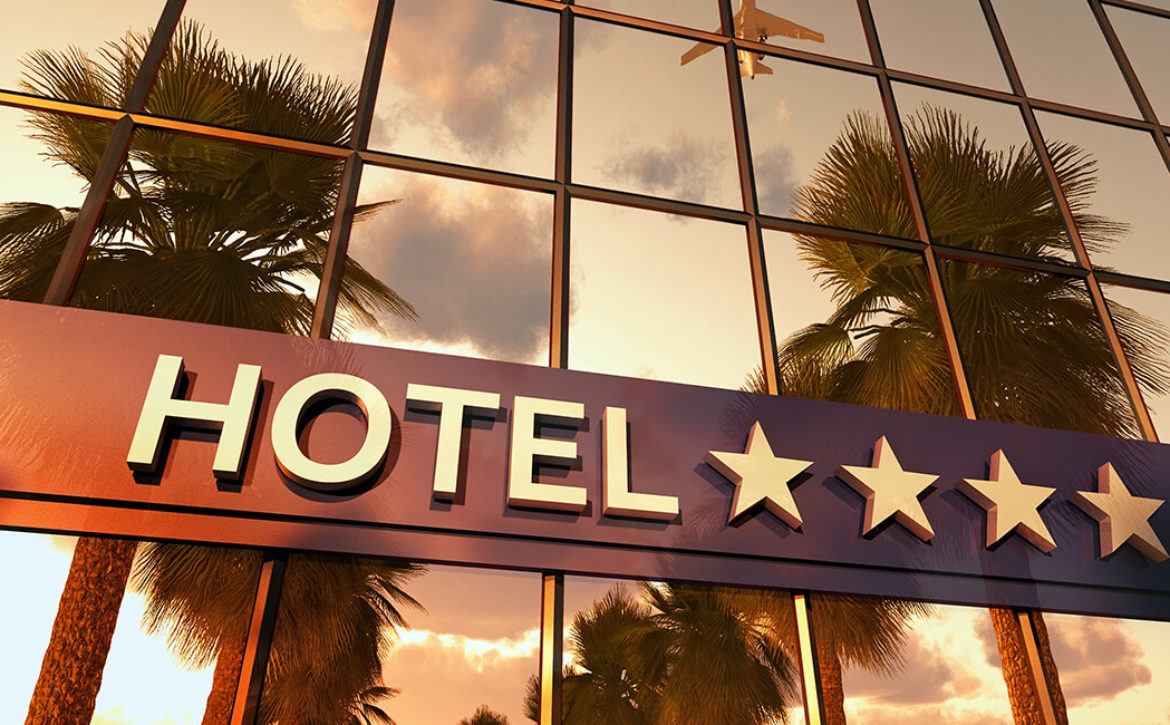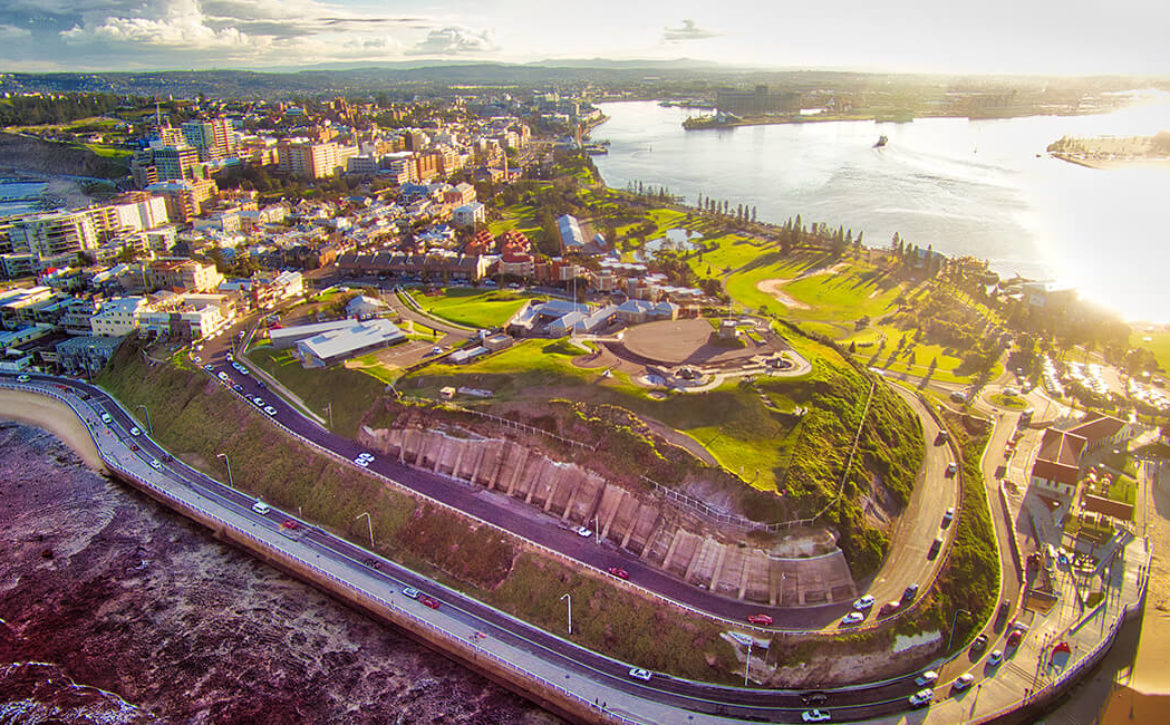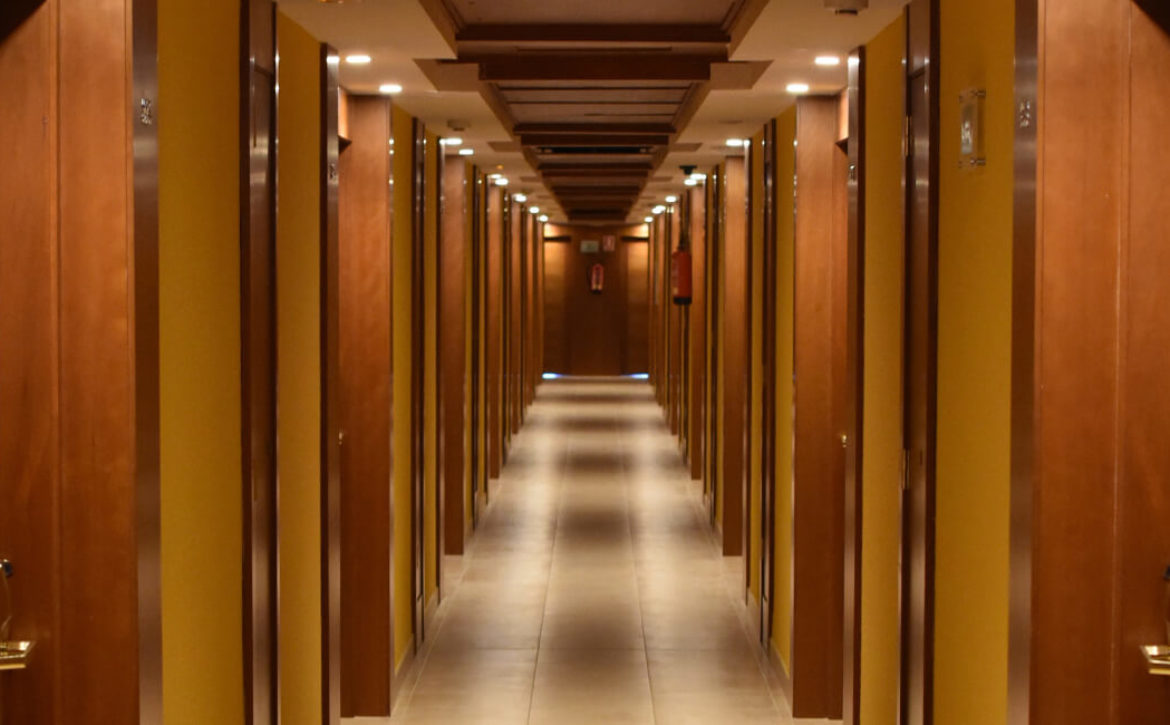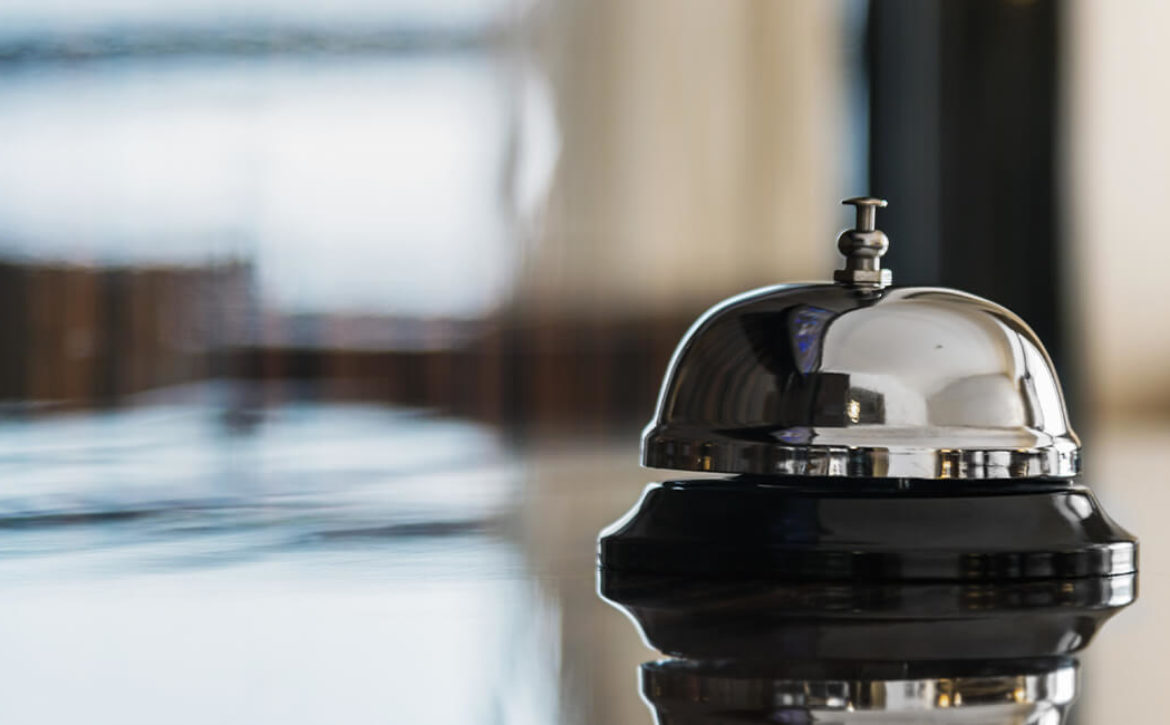A Conversation with Bill Edwards (Axsia HTL)
Is Hotel Asset Management a necessary component to the successful outcome of an owner’s investment?
Do Hotel Management Companies (“HMC”) provide the partnership for a successful outcome for the owner?
Owners need the HMC’s brand and distribution systems. HMC in Australia will typically engage under a Hotel Management Agreement (“HMA”) because the owner either doesn’t have the experience or desire to operate under a Franchise Agreement. They operate the hotel under the chosen brand to ensure that the brand experience is delivered.
The HMA engages the HMC as an agent or service provider for the Owner. Under an HMA, the Operator/Service Provider role is “all care but limited responsibility”. It is not a lease! The owner is fully exposed to the business operating risk.
The challenge with an HMA is that it will confer authority and control over the hotel business to the HMC/Operator. If the owner exerts due influence to align the interests of the parties and to ensure their strategic plan is executed through effective asset management, then yes, the HMC’s/Operators can provide a successful partnership.
Asset Management, when done correctly, is like adding a turbocharger to a standard engine. You may have bought a great car from a reputable brand with safety and reliability features, but its performance dramatically improves with the turbocharger. The same is true for a hotel with the engagement of a suitably experienced hotel asset manager. The hotel asset manager will ensure that the owner’s asset has a bespoke strategy that leverages the strength of the brand rather than submits to it.
What is the role of an HMC?
HMCs usually bring significant value to the relationship through their brand, reservations and distribution systems, loyalty programs and other infrastructures such as policies, procedures, standards, group purchasing and internal controls.
Has there been a shift in the roles of an HMC, and why?
Due to the size, scale and limited experienced talent in an HMC, it isn’t easy to focus on individual hotel assets apart from maintaining systems and policies. Limited human resources (even before Covid) are due to two factors: The (un)available talent to match the increased volume of hotel openings and the financial impost of expanding the resource base, especially when revenues are lower than usual.
Having worked with major HMCs, I know the increased pressure of both. Maybe that is why HMCs are shifting their inventory to Franchise Agreements in many parts of the world rather than Hotel Management Agreements.
Can you explain the services an HMC provides?
An HMC generally provides the following services:
- Franchising/ Licensing of the brand
- Management under an HMA
I contend that the HMC’s natural strength and value come from the Franchising/Licensing of the brand, coupled with their distribution systems and loyalty networks.
HMCs have limited capacity in management under an HMA apart from supervising and executing systems, policies, and standards. This is primarily due to the lack of resources and the skill variability at both a corporate and hotel management level. Management is not just about executing policies and systems; it needs to be broader.
Is following the guidelines of an HMC enough?
Many GMs have grown their careers relying on HMC systems and do not have the experience or background to look beyond the words in a policy manual and transition into the broader aspects of the required management to support an owner’s investment. They may be dedicated and passionate, but many do not have the depth of experience or exposure to the more considerable challenges across multiple hotels.
Hotel management is “basic” if you believe the system will “take care” of business. However, with the increased reliance on systems, managers can forget that hotels are ‘individual beasts’. While the HMC provides the brand framework at a property level, management must consider elements not necessarily within the HMC guidelines.
‘Individual beasts’ need to embrace the values and standards of the brand but also develop its subtleties and deliverables. It needs to cater to the unique demographic and geographic customer bases and compete in its locality by creating a mini brand and identity. Individual beasts require individual solutions to optimise results.
What are some things to consider to ensure the success of a hotel?
I am a strong advocate for the HMC franchise elements and delivery. In my experience, HMCs generally deliver 20% to 50% of room revenue through the HMC systems and Brand.com, with local management to find the remaining balance and build property specific customer loyalty.
Every hotel requires Individual solutions and plans to optimise sustainable market share, profits and value; but we must also consider the following:
- How do we make a hotel experiential?
- Where does the hotel fit in its competitor set and environment?
- What are the capital expenditure requirements and resource investments to capitalise on future profit enhancement?
- What are the owners’ investments, cultural objectives and resources?
What are some misconceptions from hotel owners?
Many owners:
- Do not know that an HMA does not guarantee superior/optimum delivery.
- Do not comprehend many of the issues raised in this paper.
- Do not believe that an independent resource of a skilled hotel asset manager (with multi-functional discipline) can deliver a substantially enhanced return on investment (ROI) to the owner.
- As first-time investors will tend to rely on HMC as the proxy business owner. However, they don’t know what they don’t know, and hotel asset managers can integrate themselves to bridge that knowledge gap.
- Do not realise that hotel asset managers that are respected by the HMC’s assist in gaining focus of the HMC and creating greater alignment across all four main stakeholders: owners, HMC, employees and customers, creating a solid basis for profit growth, benefiting all stakeholders.
Any final comments?
In summary, I am not anti-HMC. HMCs create a tremendous framework and platform for owners, while good strategic hotel asset managers will bridge the void with bespoke focus to build the owner’s value.
Experienced hotel asset managers will provide solid strategic advice to both owners and the HMC, which allows the HMC to focus on the daily operational business. In performing that duty, the hotel asset manager will:
- Align the objectives and strengths of both the owner and HMC
- Ensure the thinking is outside of the brand framework to create a superior ‘mini brand’ to boost market share and profits
- Create a harmonised relationship that translates to employee satisfaction and confidence to deliver a superior guest experience, which further supports the establishment of the mini brand
About Bill
Bill Edwards is a co-founder of Axsia HTL. He has experience across all facets of hotel business, including finance, development, marketing and human resource, with an extensive career within the hotel, tourism and leisure industries. Having led hospitality groups like ITT Sheraton and IHG in the Australasian region, Bill’s speciality lies in repositioning hotels to improve investor returns. His craft in optimising the human culture beats the competition, and his consideration of alignment with the owners delivers success for his clients. Bill works with other Axsia HTL directors and team members to ensure that our asset management advisory incorporates the views of key functional specialists.


